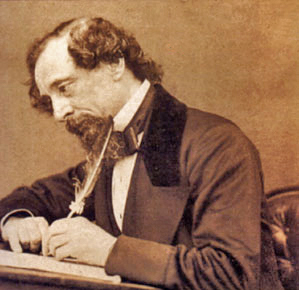Last week Mark posted about the always confusing and often contested topic of "fair use"--the doctrine that permits one author to quote another's copyrighted material for purposes of comment, criticism, or scholarship. As he observes, it has been an unfortunate development in recent history that lawsuits or other aggressive moves by rights holders have discouraged some authors from using certain quotations, and in some cases has forced them to paraphrase or omit the texts that they're writing about. I agree with Mark that while authors need to be careful, they shouldn't be too diffident about relying on the principle of fair use. Many times I have quoted to authors some lines I have virtually memorized from the Chicago Manual of Style that I thumbed through constantly when I first started in publishing.
"Fair use is use that is fair--simply that....The right of fair use is a valuable one to scholarship, and it should not be allowed to decay through the failure of scholars to employ it boldly."I was happy to see that these lines still appear (though slightly modified), in the new 16th Edition of the Manual. They still hold true.
(Illustration: Lawyers by Honore Daumier, via Wikimedia Commons)


